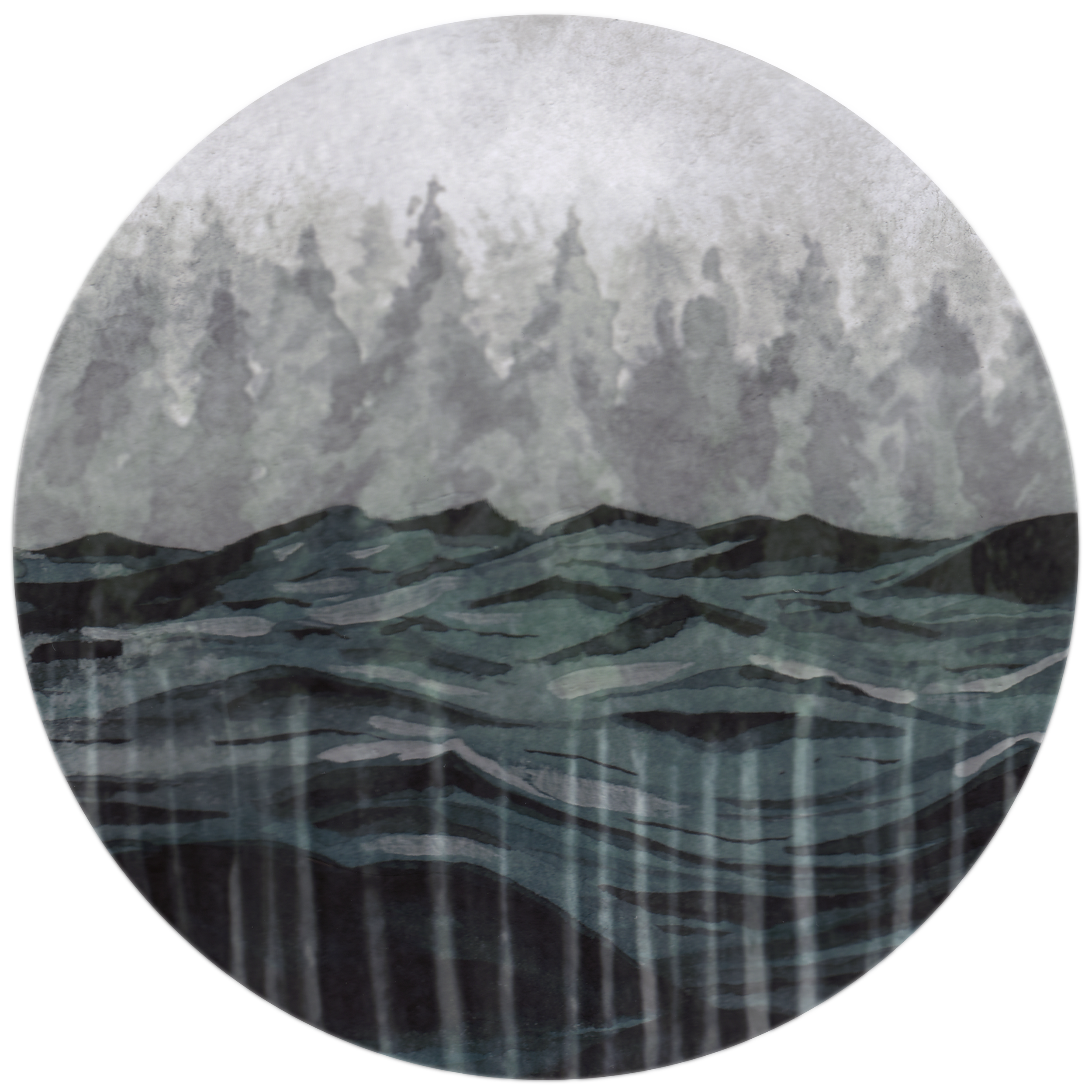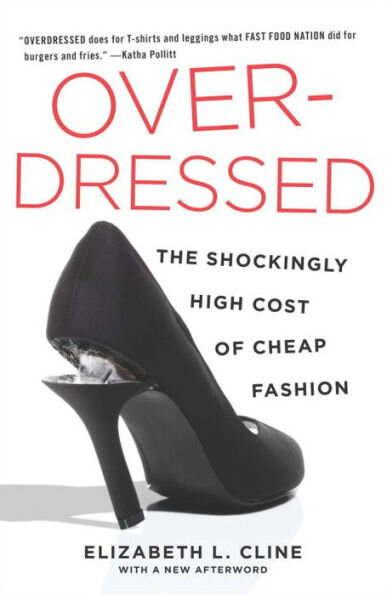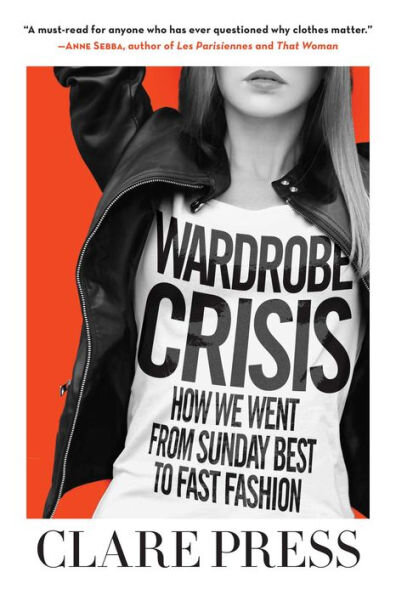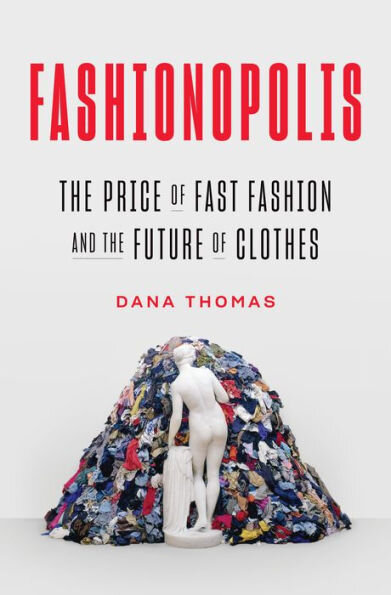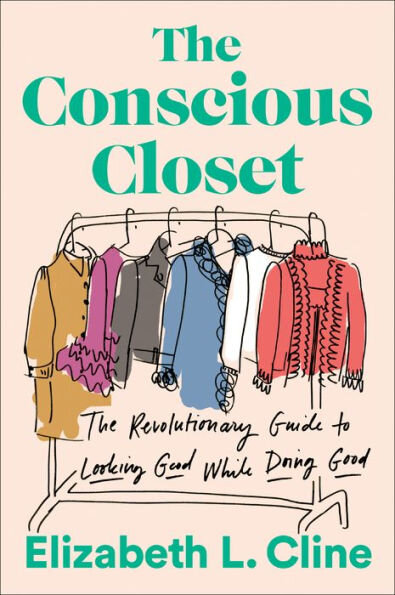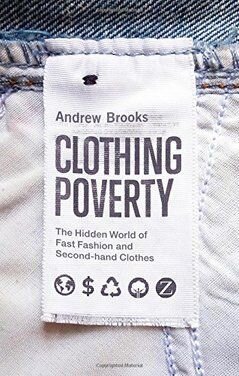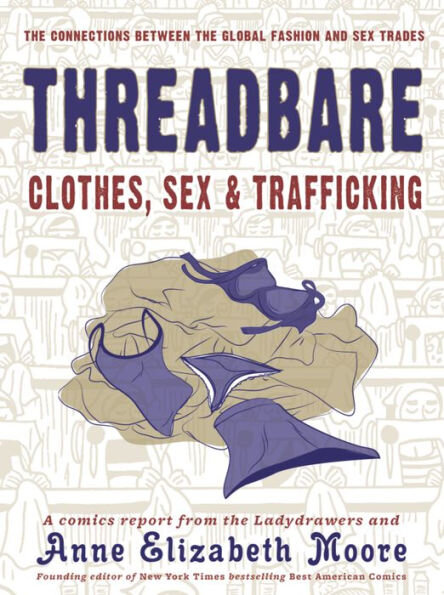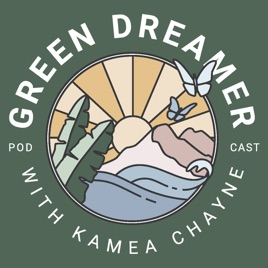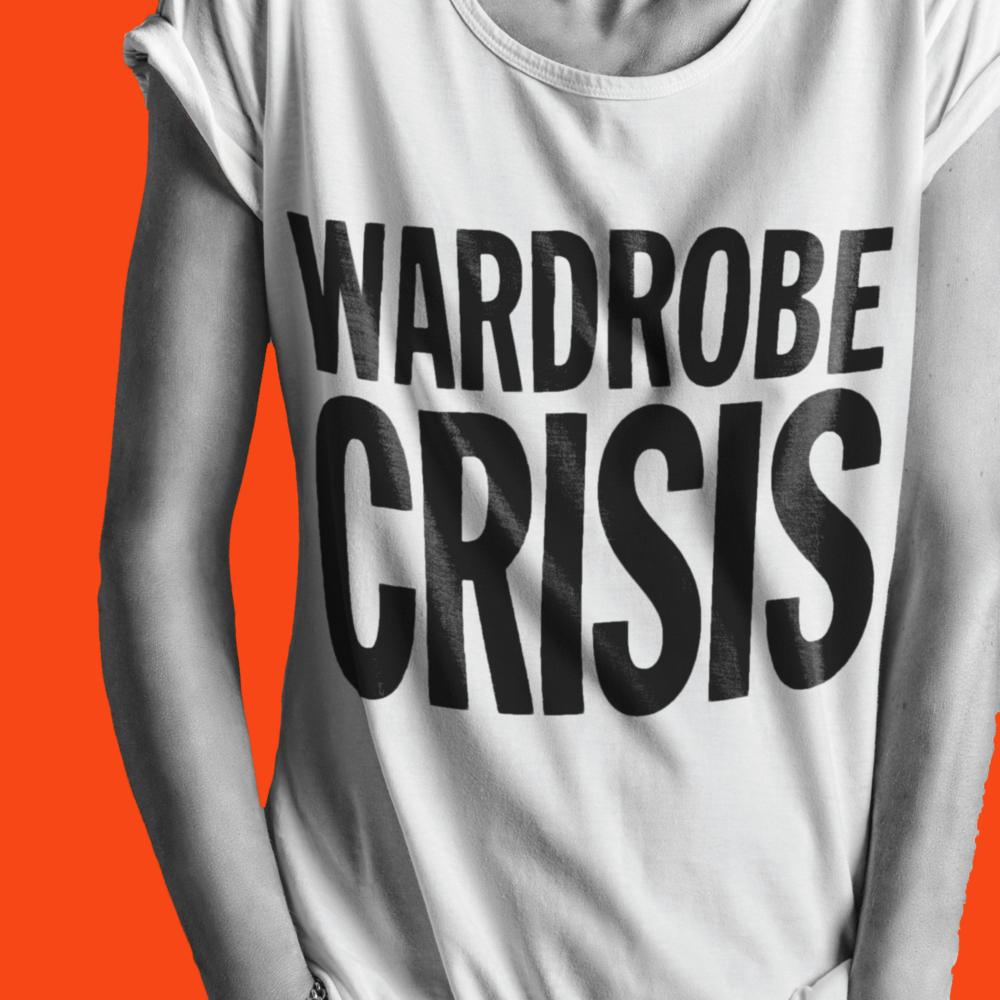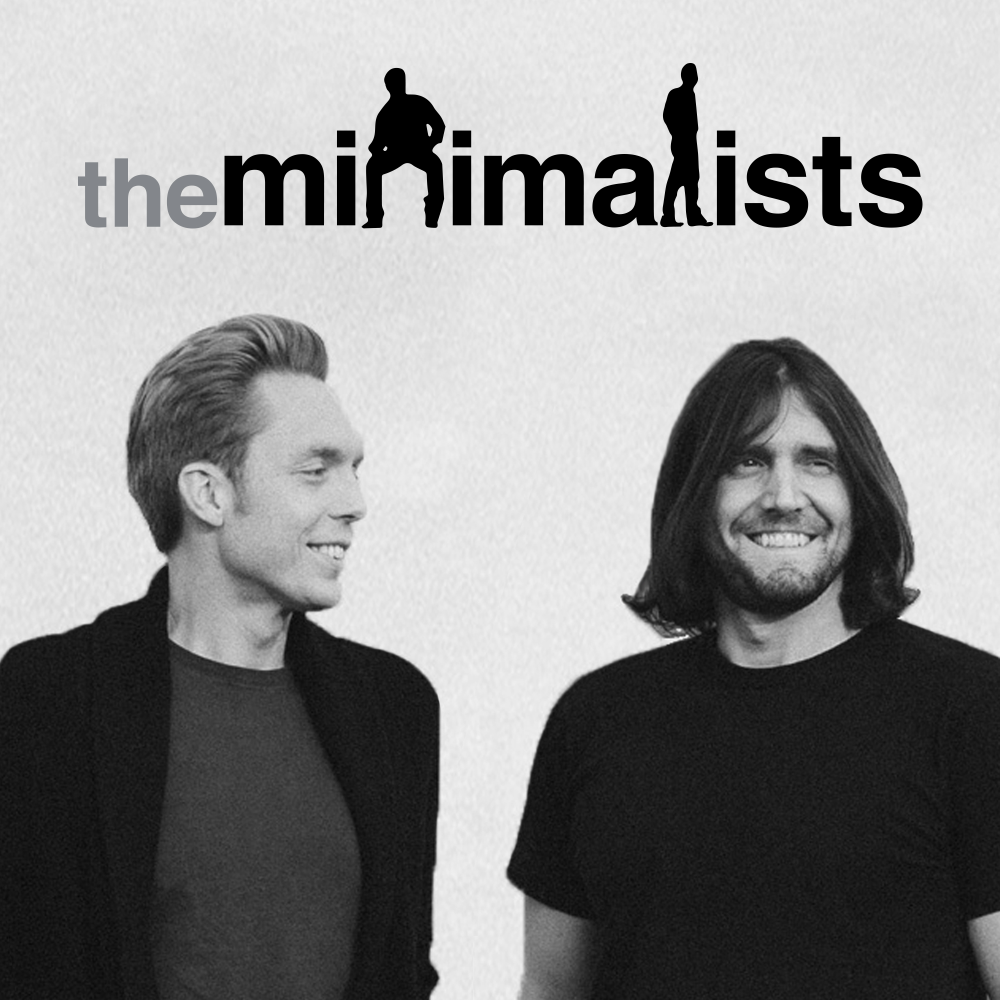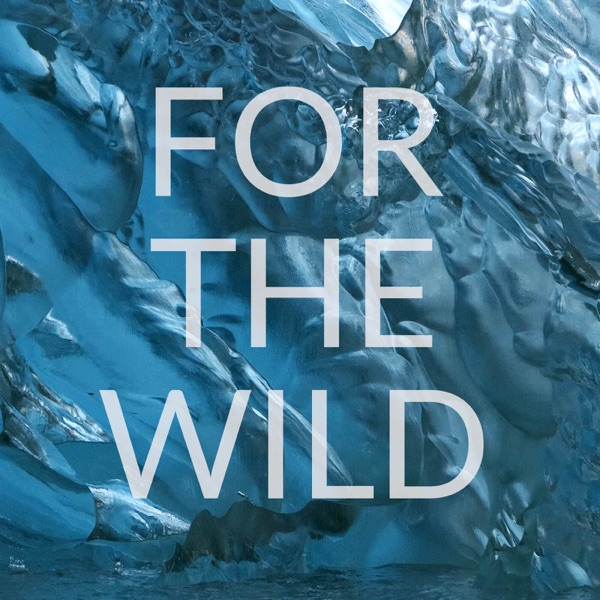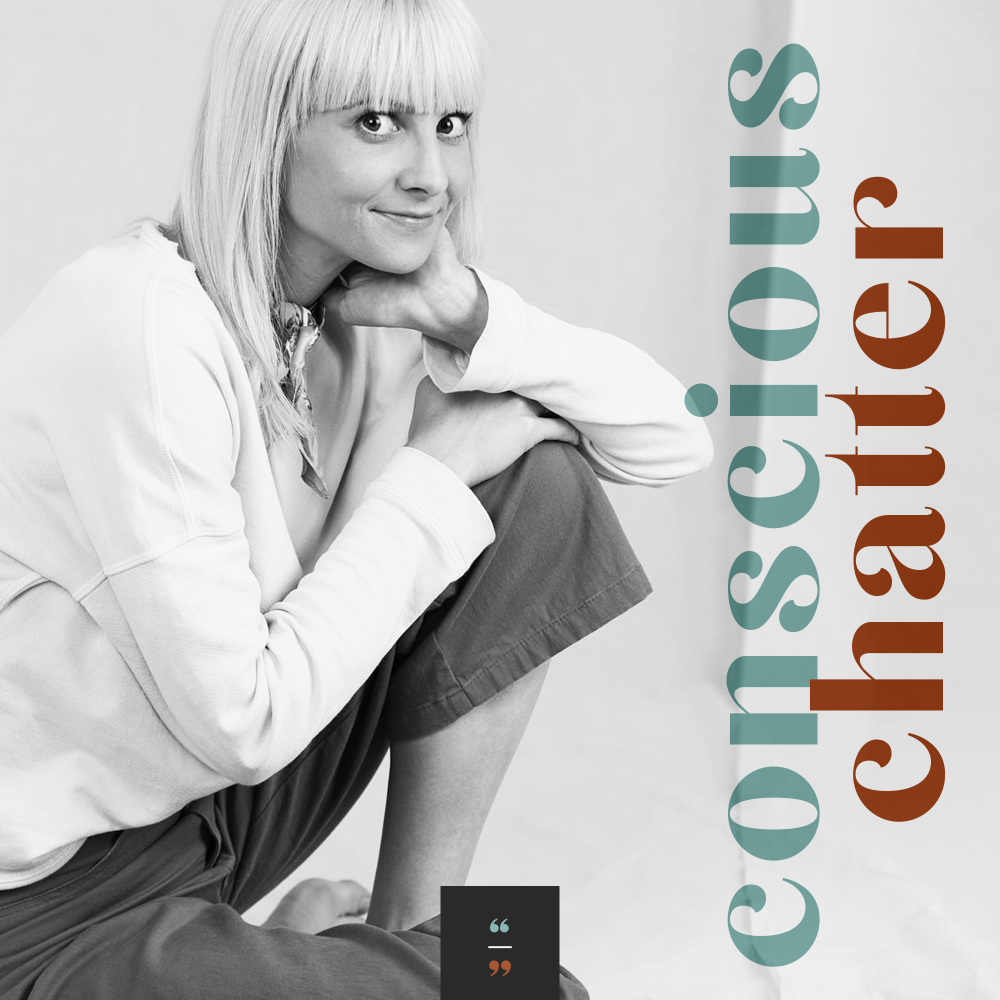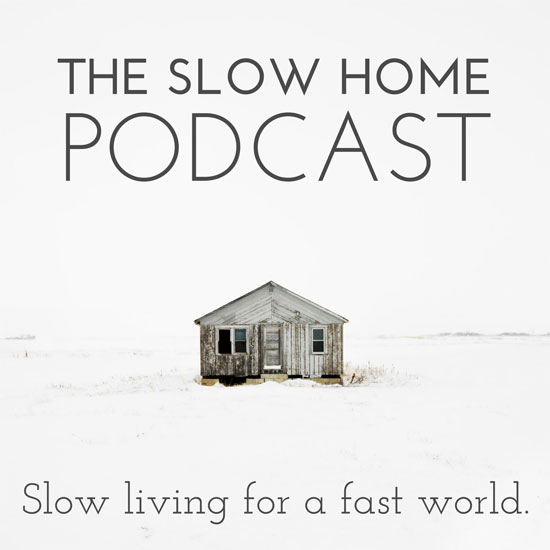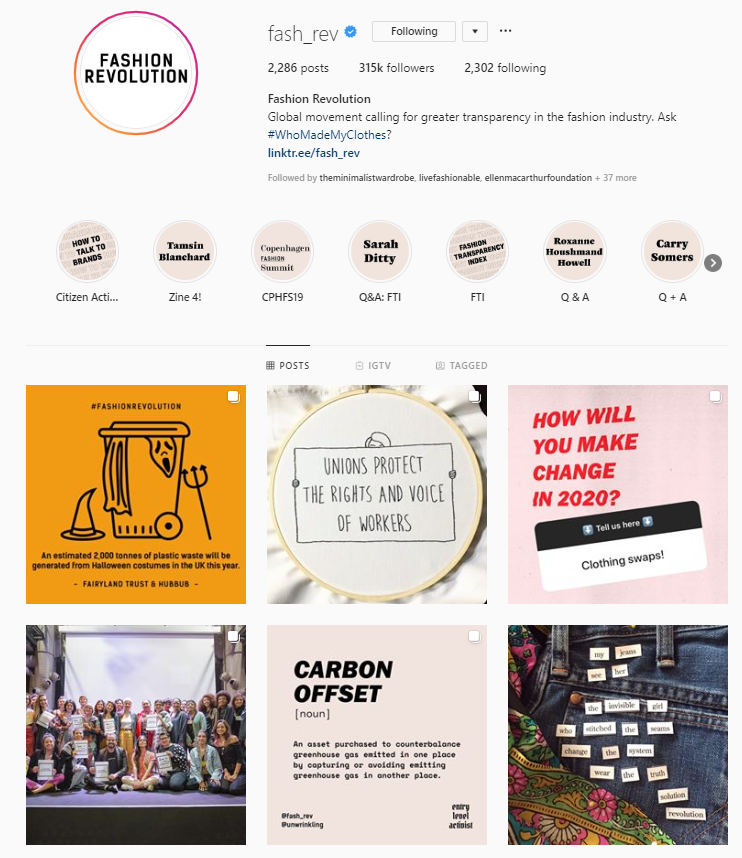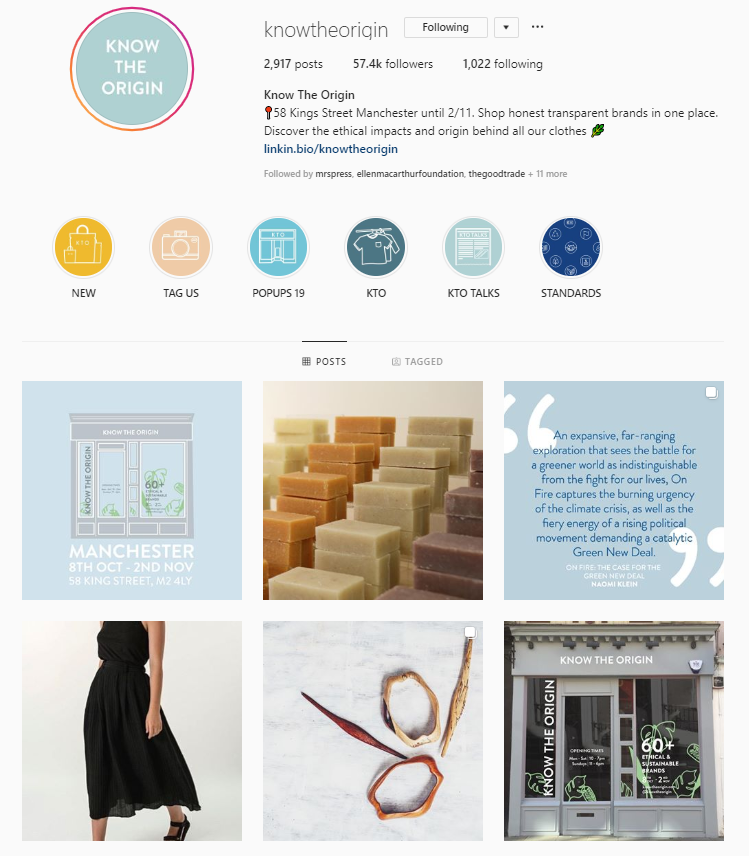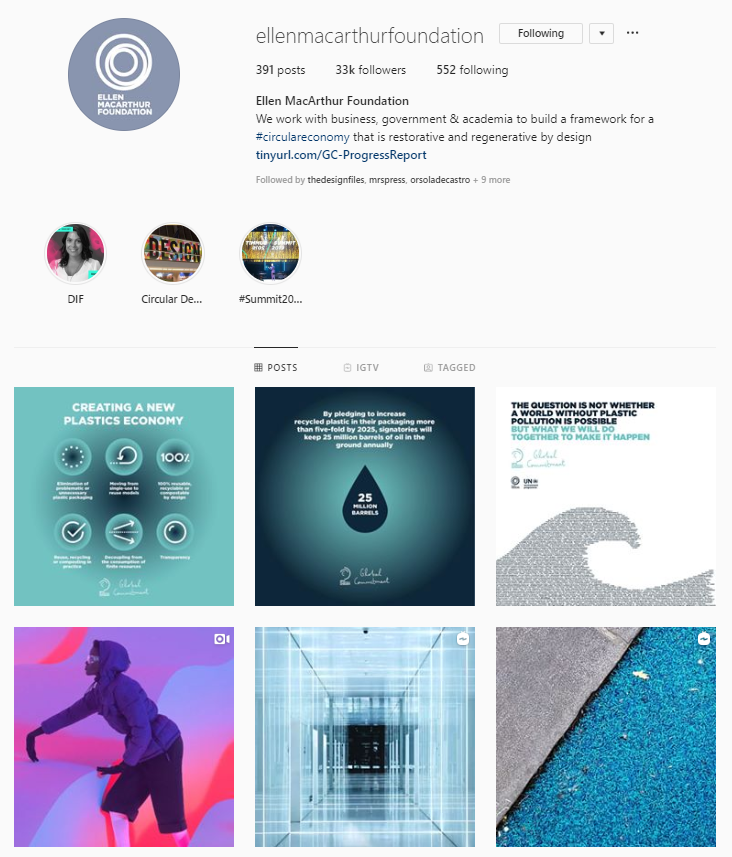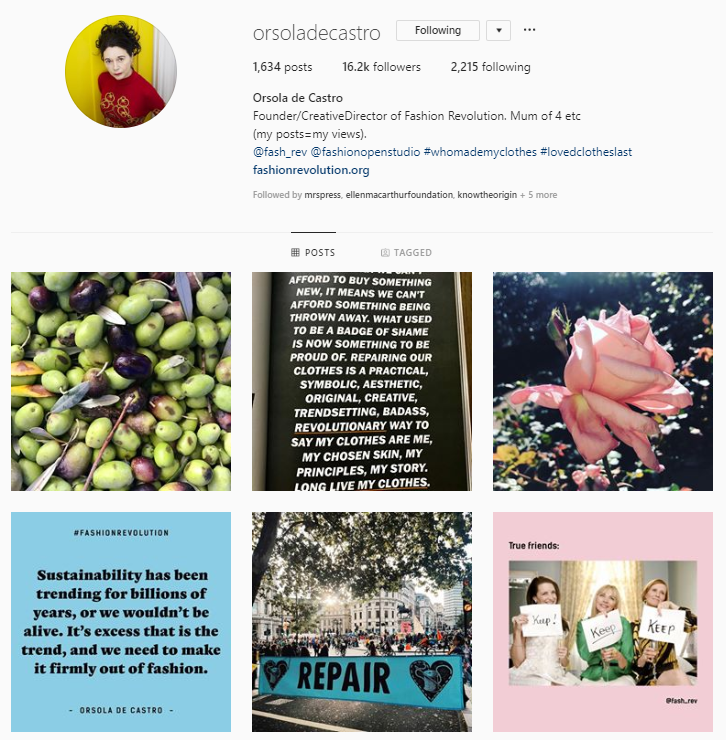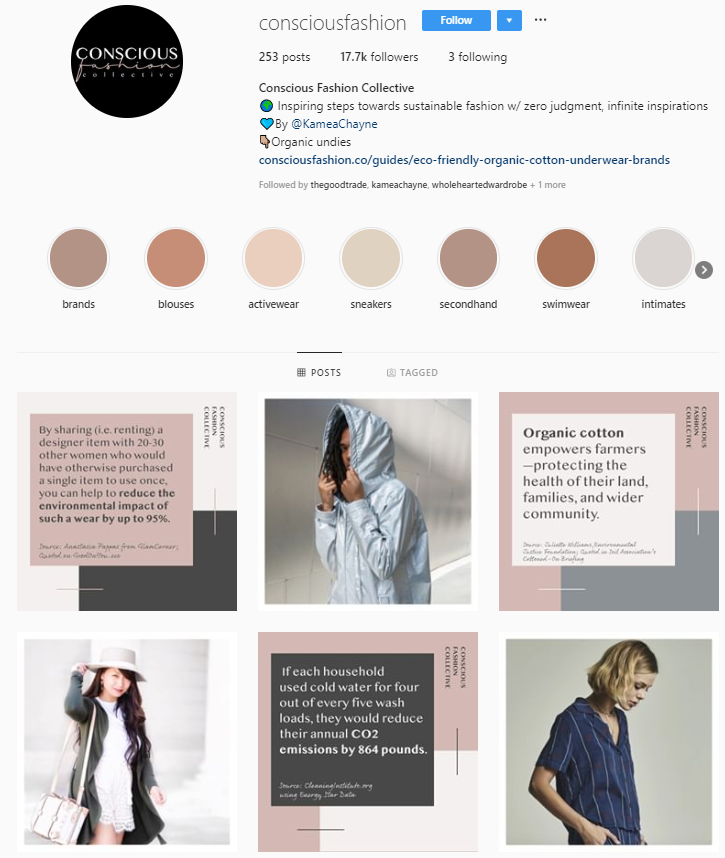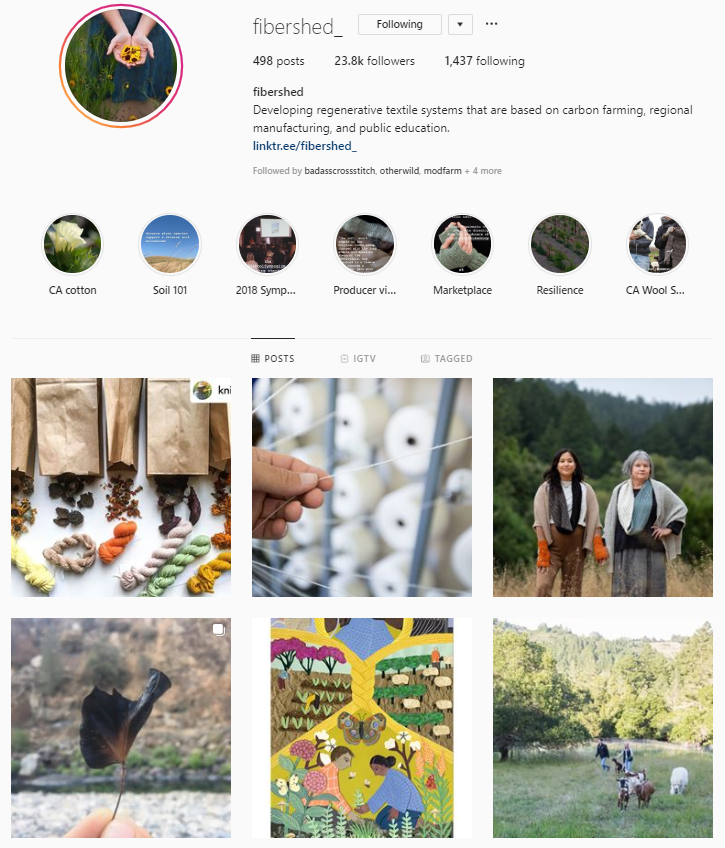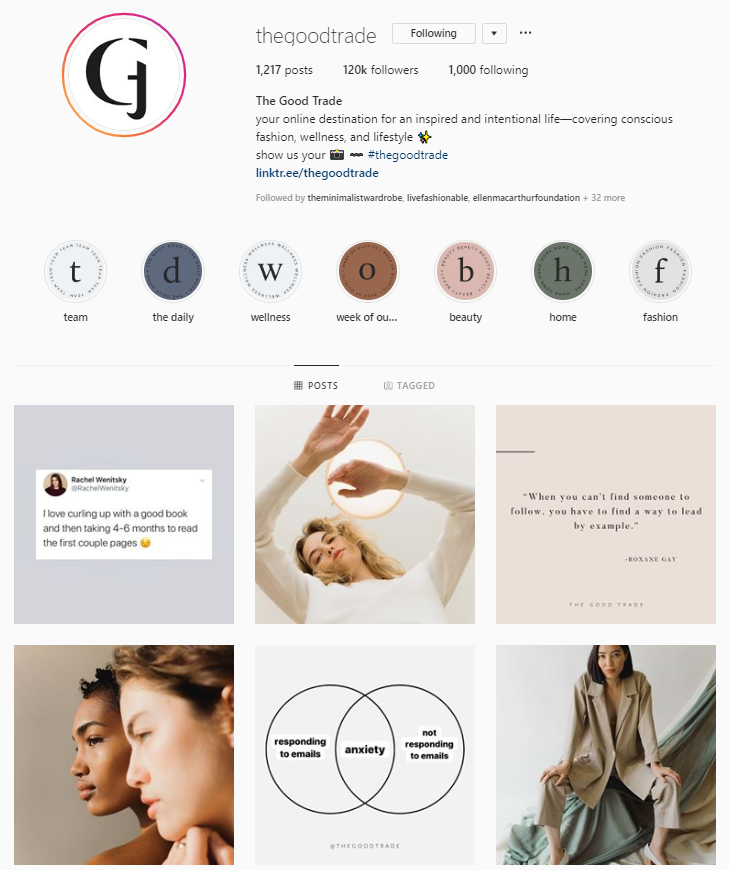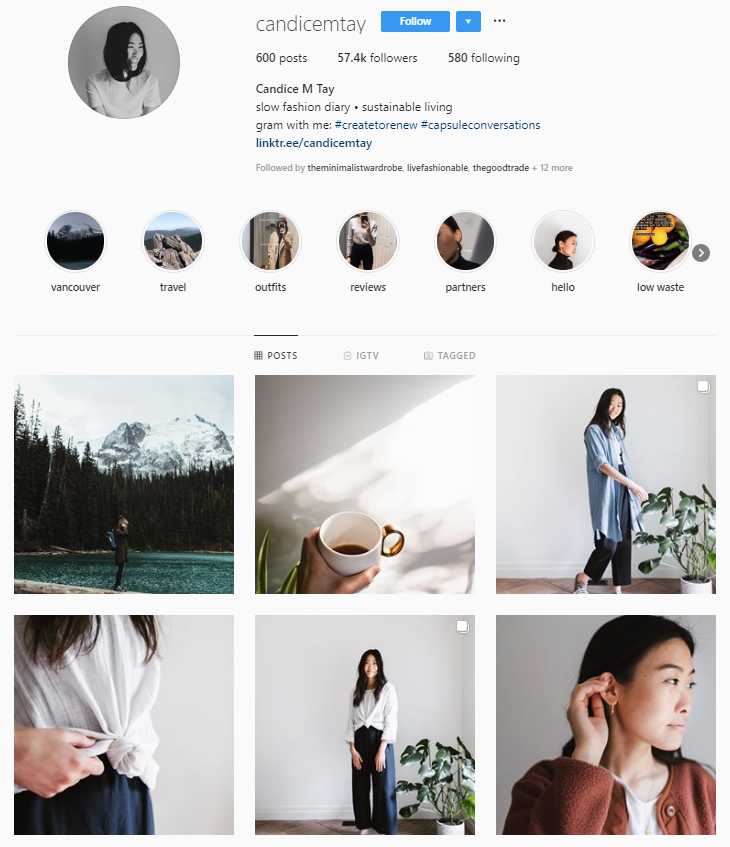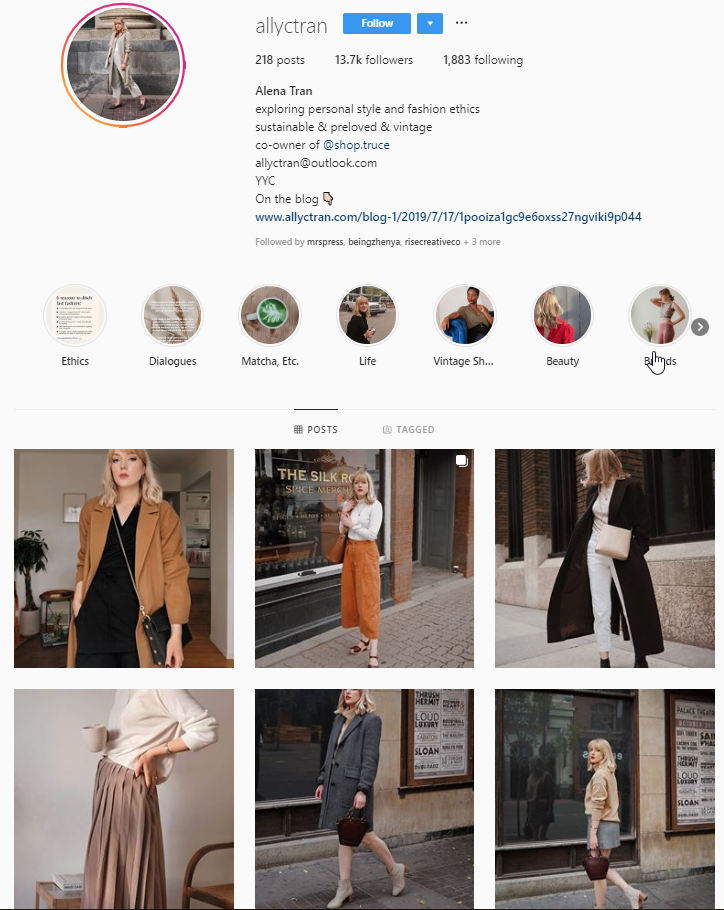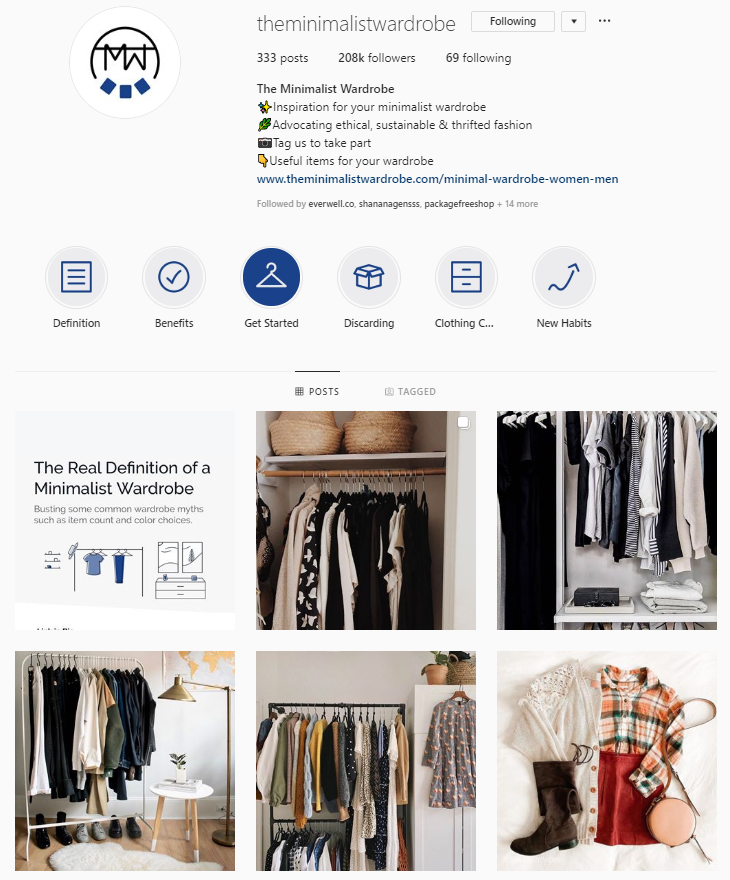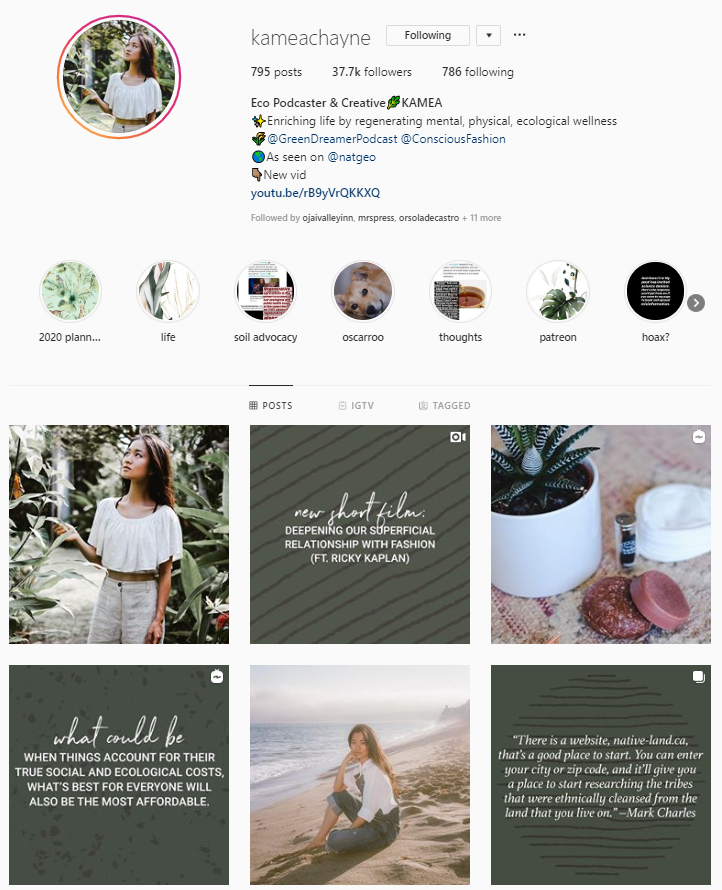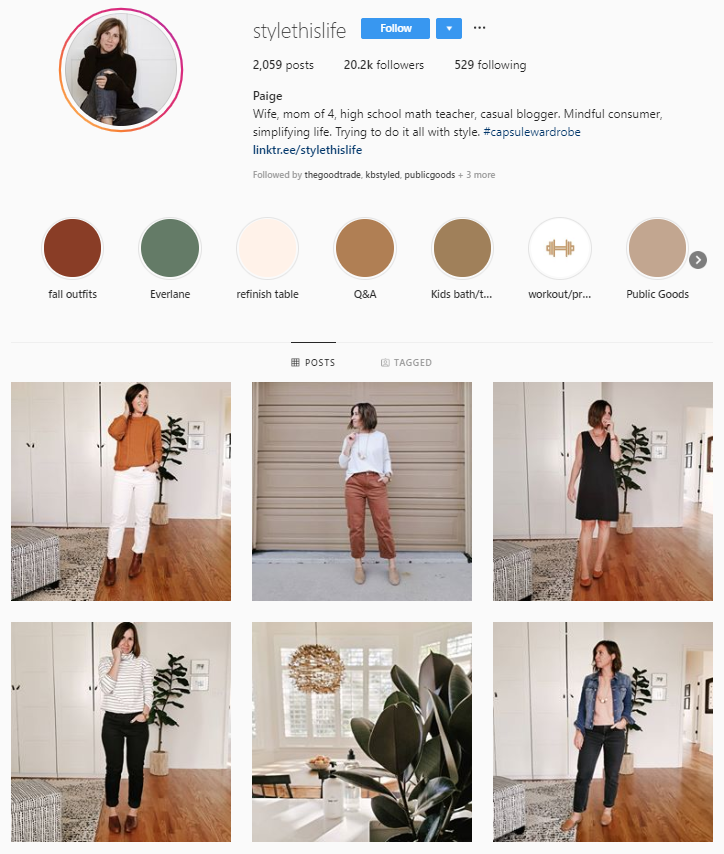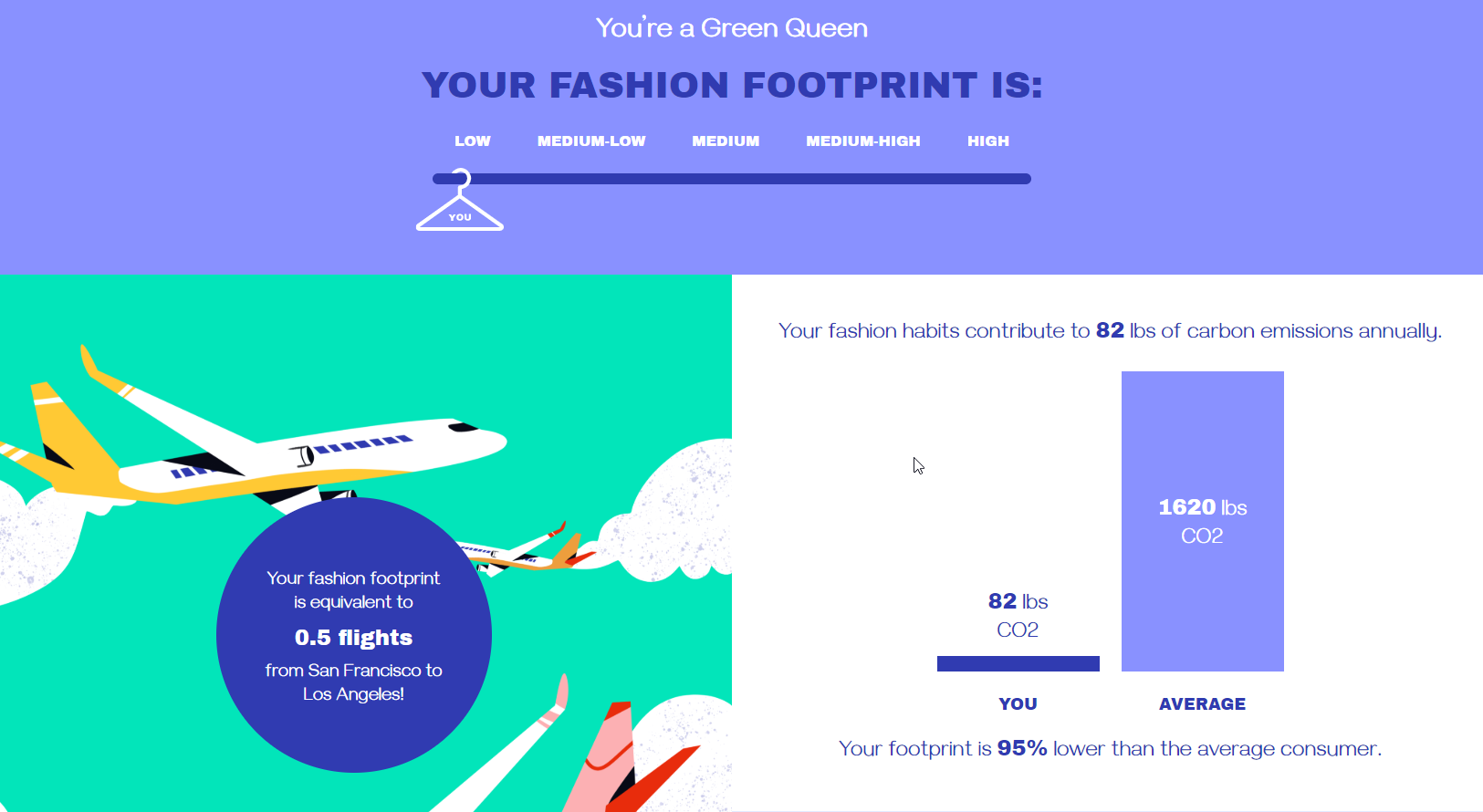A Crash Course in Ethical Fashion
New to the ethical fashion realm? Welcome! Whether you’re curious, conflicted, or seriously overwhelmed, we’ve all been there. This guide was written as the class I wish I had taken in a curriculum that unfortunately doesn’t exist. Each section has resources and suggestions that you can use whether you’re newly exploring or at the (almost inevitable) point where you’re overwhelmed by a sea of information and advice.
I’m sharing the best of what I’ve read, watched, and listened to in my quest to become a more conscious consumer along with where I turn for inspo and to stay informed. While I sincerely wish this subject had been required reading in a curriculum somewhere along the way, it wasn’t, so where a formal curriculum fails, the internet (sometimes) comes to the rescue. If you interested in how a personal stylist found herself here, you can check out the “why” behind my conscious closet.
an intro
If you watch nothing else on this subject, make time for The Patriot Act’s fast fashion episode. This aired four months after I published this article and he did such an incredible job covering different aspects of the topic that I came back and made it my #1 watch recommendation.
Last Week Tonight
John Oliver’s ability to humorously convey complex issues without diminishing the message is a model I’m 100% here for. He has an uncanny ability to engage people in issues that aren’t particularly sexy. What can I say? I like my depressing news with a sarcastic bent and a British accent. In this segment, he presents fast fashion fundamentals, reminds us that we briefly cared about sweatshops for a hot minute in the 1990’s, and highlights the importance of supply chain management by asking us to care as much about the journey our clothing takes on its way into our closets as we do about the journey our food takes on its way into our mouths. Stockpile some laughs to get you through The True Cost.
The True Cost
Most people energized to do work in the ethical fashion realm were, at some point, inspired by The True Cost. I consider it required viewing and it’s the one thing I’ve recommended to people that almost always elicits a follow-up of, “Wow. This changed my entire perspective.” It’s also one of the impactful documentaries I’ve ever watched. It has inspired authors, podcasters, activists, and filmmakers to dive deeper, moving the needle and expanding the ethical fashion message to a wider audience. It’s hard not to cry, honestly - so grab some tissues and a glass of wine first. While its removal from Netflix is extremely unfortunate, it is absolutely worth the rental fee and you can check it out on YouTube or Amazon Prime.
River Blue
Whereas The True Cost focuses primarily on the human impacts of the apparel industry, River Blue illustrates the tremendous environmental cost, particularly the pollution of fresh water. The film follows the journey of toxins like heavy metals from clothing dye and manufacturing processes as they’re dumped into rivers around the world, highlighting the rates of resulting diseases like cancer in nearby communities.
only have a few minutes?
a $2 t-shirt social experiment (2 mins)
The Economist on fashion microplastic pollution (7 mins - sobering science)
the Fashion Revolution TED Talk (12 mins - great quick watch from the org behind #whomademyclothes)
From Sex Worker to Seamstress - (13 mins - Vice News special covers the link between garment industry and human trafficking)
Unravel - (14 mins - textile recycling and a lighthearted look at the Indian perception of Western consumption)
have an hour?
The Machinists - personal stories document the exploitation of garment workers in Bangladesh
The Next Black - an inspiring look at future of sustainability through tech advances and reimagining the industry
Udita - follows Bangladeshi women fighting for rights and fair pay in the aftermath of the Rana Plaza collapse
Sweatshop - Norwegian reality TV where avid fashion consumers travel to Cambodian sweatshops and confront reality
Reading list adds
Over-Dressed - I started with this book after watching The True Cost and it is a fantastic intro to the world of ethical fashion. Released in 2012 and widely considered to be the expose that got the ball rolling, the content is as relevant now as it was then. Journalist and researcher Elizabeth Cline shares her journey to conscious consumerism as she details a brief but informative history of the fashion industry and how we arrived at a place of such excess. She devotes a helpful chapter to understanding natural vs. synthetic fibers and detailing how to recognize quality fabrication and another chapter to what actually happens when we donate clothing - equally illuminating. She also offers suggestions to mitigate your impact, but those are covered in far more detail in her follow-up book, The Conscious Closet.
Wardrobe Crisis - Written by Clare Press, a British fashion journalist and Vogue Australia sustainability editor, Wardrobe Crisis is another popular ethical fashion intro book thanks to her conversational writing style and ability to incorporate humor without diminishing the serious subject matter at hand. Written from an insider’s perspective, this is another great choice as a “start here” book that gives a compelling overview of the major issues. She’s currently working on another book and you’ll see her podcast mentioned later.
Fashionopolis - The product of three years of extensive research and interviews by journalist Dana Thomas, Fashionopolis is my current favorite and offers updated statistics on the three main casualties caused by the rise of fast fashion: labor decimation in developed economies, human rights abuses in developing economies, and the earth’s evisceration in a system where the main goal of capitalism is understood to be profit generation. Thomas starts at the apex of the fashion pyramid (designers and artists having their work ripped off) and works her way down, describing the damage done at each level through engaging storytelling. I loved the chapter on Stella McCartney, the subject of one of my lady crushes for her efforts to disrupt the industry with sustainable practices long before it was cool to do so. Beyond chronicling Stella, the book concludes with cautious optimism as grassroots efforts, high-tech solutions, and consumer engagement combine to give us hope for tomorrow.
The Conscious Closet - Elizabeth Cline’s follow-up book, this assumes you have a basic understanding of the issues at hand and is a great resource for actionable steps you can take to make improvements in your own closet. Cline offers suggestions and strategies for rethinking how you purchase, developing a cohesive style, and building a functional wardrobe that you’re proud of. You could easily pick up the book and slowly implement one suggestion at a time without overwhelming yourself. My one criticism of this book is that it focuses heavily on “identifying quality” (which certainly makes sense so that your clothes last), but it does so at the expense of addressing environmental and workers’ rights concerns. She seems to associate most designer labels with higher quality and yes, while Canada Goose will repair your $1,200 winter coat for life, that doesn’t say anything about the sustainability of the production process, fabrication choices, or human rights.
Clothing Poverty - Professor Andrew Brooks takes you on a global journey to expose the inequalities and injustices that exist within the second-hand clothing trade and the manufacturing of garments destined for Western markets. Including stories from Mozambican markets, Nigerian smugglers, Bolivian female traders, and London's vintage clothing scene, he reveals a complicated geography of wealth and poverty that make Western consumers complicit in creating a clothing production system that gives people in less developed countries few chances to escape poverty.Thought-provoking and insightful, he highlights a long overdue need for 'radical advocacy' to improve social justice within the supply chain, and between producers and consumers.
Threadbare - Originally a series of comic-like essays, Threadbare connects the international sex and garment trades to human trafficking and the vicious cycle of destitution and oppression by telling individual stories - supermodels traveling the world, employees at Forever 21, Austrian shoppers, and Cambodian sweatshop workers, allowing you to clearly envision apparel industry realities that most of us are far removed from. It is a book about connections that simplifies an incredibly complex industry and demonstrates how women around the world are tied to one another. In addition to the comics, what differentiates this book from others is how it details the complexities, and often misunderstandings, of human trafficking. Women “rescued” from the sex industry by NGOs are still being exploited in the garment industry, only they make far less money for their efforts. The illustrations are hand-drawn and a bit difficult to read at times, but they make the material easy to understand and the content as a whole shouldn’t be missed.
Other honorable mentions: Slow Fashion, To Die For, Wear No Evil
Green Dreamer - one of my favorite podcasts. Extends far beyond ethical fashion into all things sustainable and regenerative living, covering everything from consumer culture and apparel industry disruptors to human trafficking and climate change. Episode 172 is a great listen on consumer culture and fast fashion.
Wardrobe Crisis - all about ethical fashion, a circular economy, upcycling, mindful living, and the inspiring creatives working toward fashion’s sustainable future. Episode 93 (radical transparency with Everlane) is a great place to start.
The Minimalists - all about living with less, how to silence the noise around us, and how to create a meaningful life in a world full of distractions. Engaging episodes on minimalist travel, diets, fitness, gifts, and how to slowly transition to a life of less.
For The Wild - Philosophers, scientists, activists, and artists talk environmental stewardship, dive into research, and highlight innovative ideas for a better future. Episodes 133 and 137 are great listens on capitalism and how we rob ourselves with cheapness.
Conscious Chatter - devoted primarily to conscious consumerism, ethical fashion, and the meaning and potential impact of what we wear. Episode 168 was an encouraging discussion of the rise of resale with thredUp.
The Slow Home - a stressed out and always busy couple embrace slow living and discuss various elements of their life change with listeners - slowing down, opting out, and saying no. August’s episode on secondhand shopping does a great job explaining why this is one of the most impactful choices we can make.
Educational inspo:
Fashion Revolution - facts, stats, and fashion industry transparency
Know The Origin - transparent brands and the ethical impact of our clothes
Ellen MacArthur Foundation - academic resource and circular economy advocacy
Orsola de Castro - founder of Fashion Revolution shares stats and inspo quotes
Conscious Fashion - aesthetically pleasing stats and minimalist looks
Fibershed - California collective dedicated to carbon farming and regenerative textile production
Closet inspo:
The Good Trade - conscious living beyond fashion, minimalist closet goals, awesome daily newsletter
Candice Tay - slow fashion diary and minimalist outfit inspo
Alena Tran - secondhand and vintage closet goals
The Minimalist Wardrobe - sustainable, ethical, and thrifted fashion advocacy
Kamea Chayne - engaging eco podcast content, stats and quotes
Style This Life - capsule wardrobe teacher style and a conscious consumerism journey
Do you have a favorite read or source of ethical fashion inspiration? Share in the comments below!
Curious about your fashion footprint?
thredUP partnered with independent environmental research firm Green Story Inc. to create a Fashion Footprint Calculator. It’s a tool anyone can use to quickly determine their carbon footprint associated with clothing purchase, care, and disposal habits, and to find out how small actions like shopping secondhand or air drying your clothes can make a big impact in reducing it.
2010
A very regrettable result from my college years.
2020
A massive improvement courtesy of small but impactful life changes.
